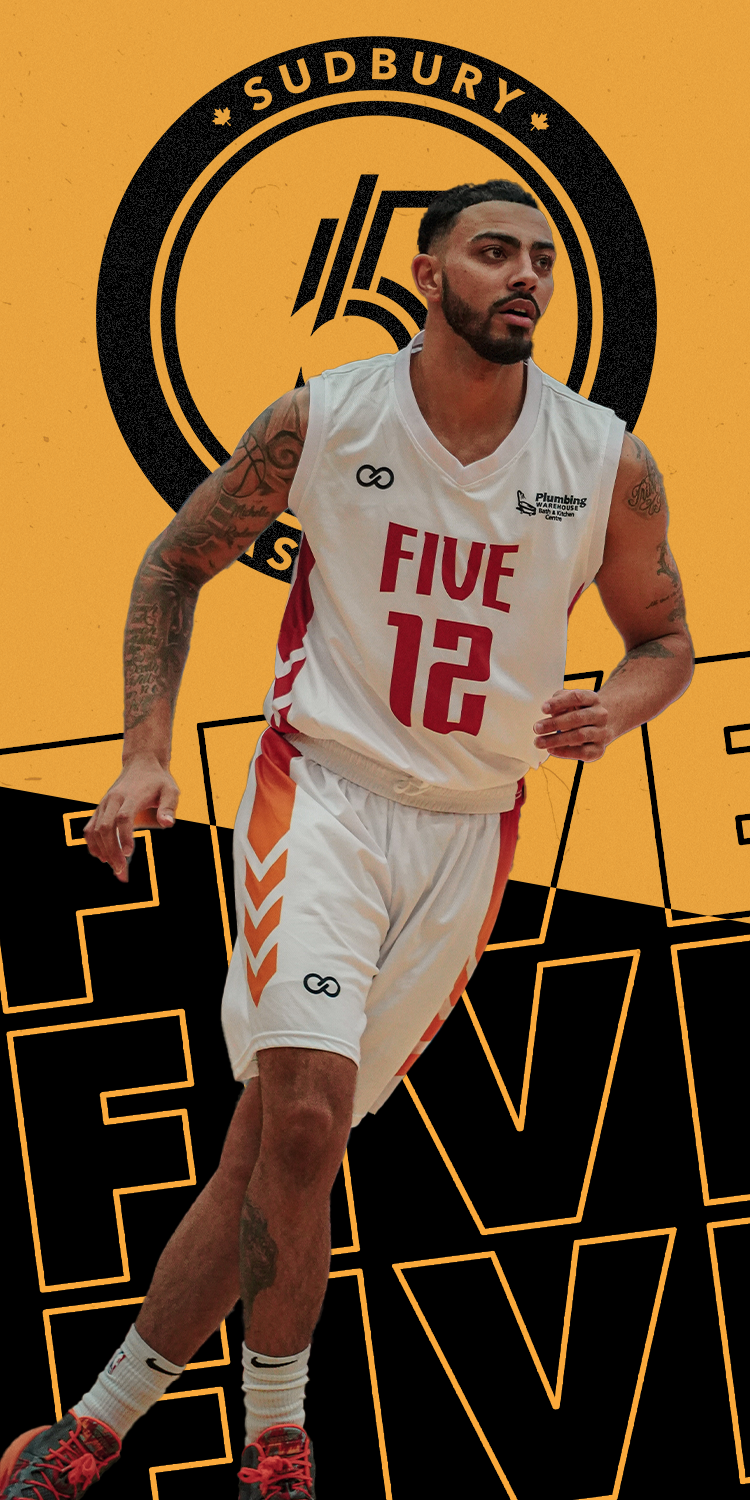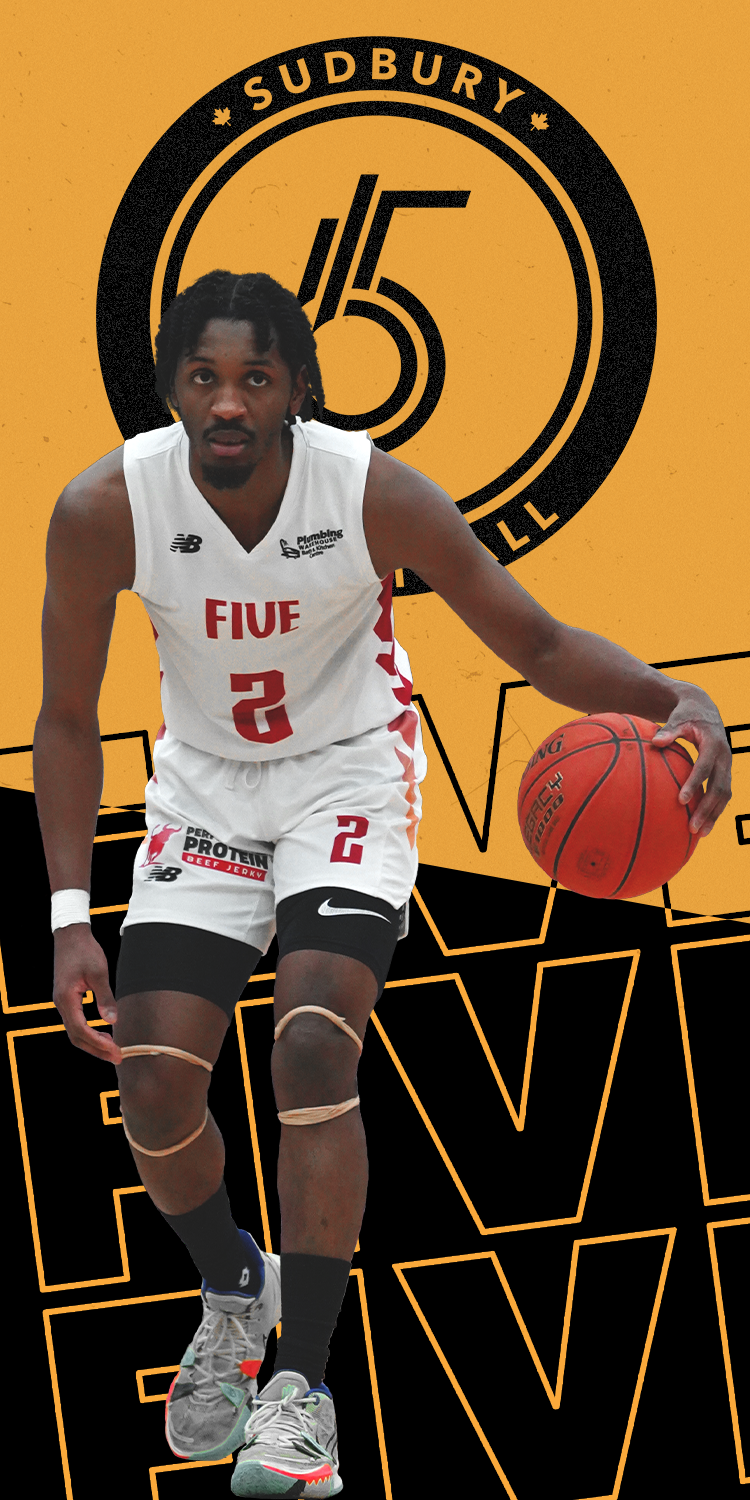
Carlo Castrechino knew that he had big shoes to fill from the moment he decided to throw his hat in the ring, indicating his willingness to tackle the men’s soccer head coaching role at Laurentian University, long the domain of Sudbury Sports Hall of Famer Greg Zorbas.
The year was 1999 and the biggest concern around the campus at LU was dealing with the nasty potential repercussions of the Y2K bug.
Few could have envisioned that more than twenty years later, Castrechino would have compiled a scope of longevity that can rival that of the man who served as such a great mentor, during both his time as a player and a fledgling coach.
The Castrechino era, like the Zorbas one before it, will come to an end.
“I had fun, I had a great time, but it’s time for another voice – I think,” said the talented alumni who graduated from being a scoring sensation in Sudbury youth soccer to joining his Voyageurs’ teammates in making three trips to nationals during his career as a striker in the OUA.
A 3-0 win over the Algoma Thunderbirds Saturday in Sault Ste Marie closed the books on a 3-6-1 campaign, somewhat deceiving given that it featured a 1-0 upset over the top ten ranked McMaster Marauders, as well as tightly contested battles with both Toronto and Ryerson.
Though this season is definitely his last, the sentiment has yet to completely take root for the always accommodating coach. “If feels like the season just ended, just like usual,” said Castrechino with his usual smile. “It will probably sink in more come February/March, when recruiting is in full swing, closer to next season.”
“Right now, it feels like every season’s end, a need to unwind a bit and take a few days to yourself.”
An ACL injury at the end of year three might have curtailed the playing aspirations of the local gentleman, but as fate would have it, only served to open another door altogether.
“I had never even thought of coaching,” said Castrechino, recalling that moment when Zorbas first approached him about working at his side with the team. “To Greg’s credit, he kept me around with the team. I was kind of a liaison between the head coach and the players. A lot of the guys would come and talk to me, express their concerns and I would relay it to Greg.”
That close bond continued, even after the baton had been officially passed along from Zorbas to Castrechino. The newcomer wasn’t quite ready to fly completely solo just yet.
“Greg still taught at the school for maybe six to seven years (after he left coaching) and I was still in his office probably a couple of times a week,” said Castrechino. “It was not as much the tactical part of the game but more how to deal with certain types of players, how to motivate players to get them to play to their ability.”
Still, from a tactical standpoint, new coaches will often draw on what is already most familiar to them – and Castrechino was no different. “It was a gradual, gradual change of style,” he said. “When I first started, it was a continuation of Greg’s formations, his systems, even the training sessions for the first couple of years.”
“But the game has changed a lot since I started coaching and if you don’t adapt, you’re not going to have very successful seasons.”
Though it would have been next to impossible to duplicate the success that Zorbas and the Voyageurs endured – it would be naïve not to recognize that Castrechino was dealing with a difference competitive landscape completely – the fact remained that through the bulk of his tenure at Laurentian, the protégée produced teams that were playoff bound, with the occasional post-season upset or two sprinkled in, just for good measure.
That kind of success doesn’t happen without a nice influx of talent. And while it would be blatantly unfair to ask Castrechino to try and recall every single one of the hundreds of players under his watch who make a special impression, we did manage to tap into a few different categories (with obvious apologies to all those who were omitted):
Colourful Characters: locals Danny Falcioni, Steven Beites and Mike Massimiliano – “they could keep everyone loose – whatever our record was, we could count on them for a little levity”
The last wall of defense – Special Keepers: Scott Cliff and Connor Vande Weghe – again, two local products – “I would hate to pick out one over the other, just because they are so close”
The Field General – Coach on the Pitch: Tony Tagliafierro – Lawrence Mahoney – little surprise that at the top of the list sits his current assistant coach and soccer confidante
Best Defender: Cameron Brooks – “he was hard to beat one on one and good in the air – he just controlled the back – he had a presence on the field; nothing was going to be easy”
Best Natural Scorer: Danny Falcioni – “he had deceptive speed, but really, he was just a poacher around the 18 – he could find a way to pick those corners – one of the key reasons we made nationals”
Best All-Around Player: Gervase Robinson – “he was so good – he just controlled the game; you could never get the ball from him”
The Players’ Player: Andrew Posteraro – “played him everywhere – his work rate was second to none”
Most Memorable Goal: Steven Beites connects in the dying minutes of OUA semi-final vs Waterloo – with both OUA finalists qualifying for nationals at the time, his tally punched the ticket for Castrechino’s only appearance at nationals as a coach in 2000 – he went three times as a player
Ahhhh – the memories.
Like the game itself, Castrechino has changed over time.
“I’m a lot more calm these last four or five years,” he suggested. “I was a lot more intense earlier, especially when things weren’t going right on the field. I think we’ve moved towards being more instructive, focusing on development.”
Those teachings, the setting to share his knowledge of the game, that will be missed - and all of those interactions, to be sure. “I will miss the players, the locker rooms, every day conversations with the coaches,” he said. “When we go out of town, we always seem to get a good group of alumni that come see us, tell us how they’re doing.”
They reminisce of moments that require very little verbiage to enlighten the faces of all those involved. There is a shared pride of the legacy of Laurentian soccer, one that is embodied within the coaches and players alike.
“We were competitive from the day I took over,” Castrechino stated proudly. “We had some bad games over the course of those 23 years, but for the most part, when you played Laurentian, you knew that you were going to be in for a game.”
Whether it was Greg or Carlo on the sidelines, this was almost always the case. And that is the challenge the next coach will inherit, looking to continue the legacy, one now shared for almost fifty years.








